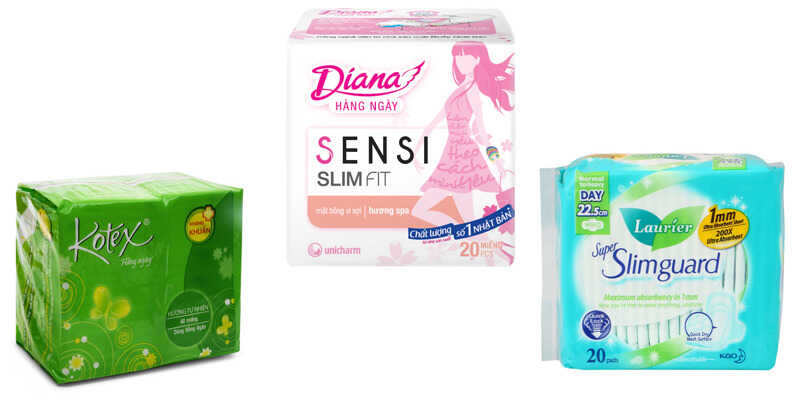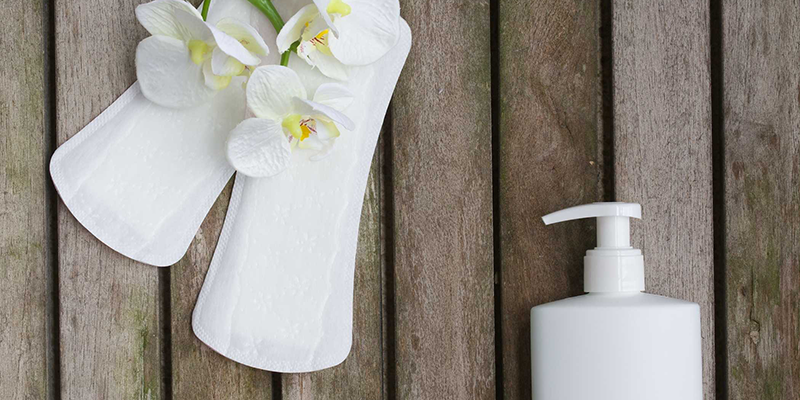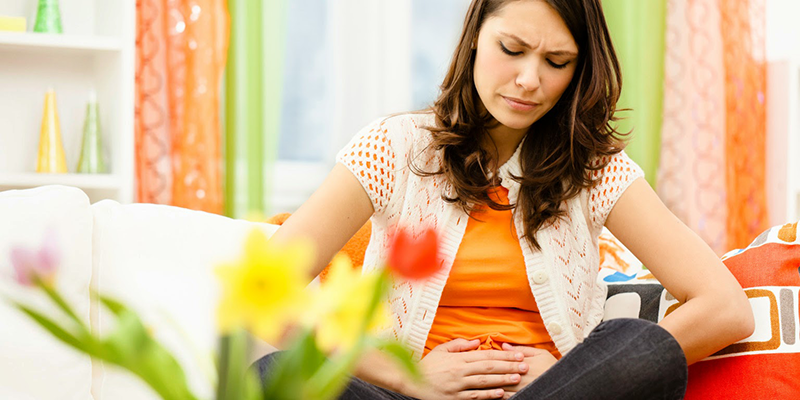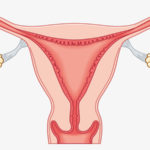Is it Good to Use Sanitary Pads Daily?
As women, we all understand the primary function of sanitary pads: to absorb and maintain hygiene in our intimate area, keeping it dry and clean.
Reputable brands in Vietnam, such as …, offer not only specialized pads for those special days but also a “mini” version known as daily-use sanitary pads. But is it really a good idea to use them every day?
 Is it Good to Use Sanitary Pads Daily?
Is it Good to Use Sanitary Pads Daily?
There are many misconceptions about daily-use sanitary pads. For instance, some believe that using them daily can lead to infertility, vaginal infections, or uncomfortable moisture.
So, let’s ask ourselves: If using daily sanitary pads is truly harmful, why do reputable brands manufacture them, and why does the Ministry of Health still recommend their use? Are we using them incorrectly?

Many women have formed negative opinions about daily-use sanitary pads due to improper usage.
Common mistakes include using the same pad for an entire day, wearing tight-fitting underwear that constricts airflow, and choosing pads that don’t suit their bodies, resulting in discomfort and irritation.

How to Properly Use Daily Sanitary Pads
-
Don’t use the same pad for too long: Change your sanitary pad every 4-6 hours. Prolonged use can lead to an accumulation of absorbed fluids, resulting in an unpleasant odor. If left unchanged for too long, bacteria may develop and enter your body, causing gynecological issues.

-
Choose pads that suit your body: Each product has unique materials and structures. Opt for pads with a soft, smooth surface and minimal fragrance. Thin and small pads offer more comfort during daily activities. Additionally, ensure your underwear is the right size for optimal effectiveness.
-
Be cautious when selecting products, favoring well-known brands over obscure, unreliable options.
-
While daily use is recommended, it’s beneficial to give your intimate area a break during bedtime. Our metabolic rate slows down while we sleep, reducing the need for protection.
Sanitary pads are a convenient way to maintain hygiene and prevent gynecological infections. Let’s approach this product with an open and informed mindset.
Given their benefits, daily-use sanitary pads are an essential item for women’s daily needs. Taking care of ourselves starts with these small but crucial steps.
What is the Best and Safest Feminine Wash?
Introducing the world of feminine hygiene washes – an essential self-care product for women. With an overwhelming array of options available, the question arises: which ones are the best and safest? Join us as we explore the ins and outs of feminine hygiene washes, offering a comprehensive guide to help you make informed choices for your personal care routine.
Does Energy Drink Consumption Cause Infertility?
Energy drinks have become a popular choice for many individuals seeking improved focus and productivity. However, concerns have been raised regarding the potential negative impact of these drinks on one’s health, with some even suggesting that they may cause infertility. So, can energy drinks lead to infertility? Let’s delve into this intriguing question and explore the facts.






































